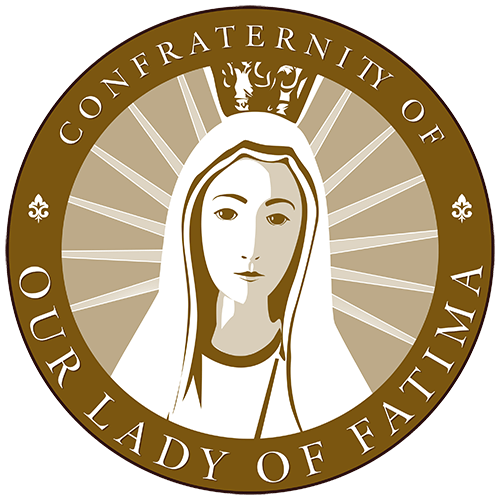Fasting, I think we must publicly profess the Catholic truths, those truths that have been undermined by the Synod agenda, which we now know through the working document. There are many ambiguous statements, and some even contradict the Catholic faith. Regarding these points, both laypeople and priests should publicly profess again the constant traditional teaching of the Church, particularly regarding the hierarchical structure. The Church has a hierarchy, and it consists of two parts: the teaching Church, which includes the apostles and their successors, the bishops with the Pope, and the flock, the sheep, the faithful, who make up the Church. This structure is taught as a divine institution, but the Synod undermines this in various ways.
Another divine structure of the Church that has been consistently taught for 2,000 years, through prayer and the sacramental practices of the Church, is the sacrament of Holy Orders, which has three steps: deacon, priest, and bishop. These are reserved for male faithful only men can receive this sacrament by divine institution. This truth must be proclaimed again, as it is now being undermined in the Synod proposals and documents.
We must also stand firm on the truth regarding morality. The Sixth Commandment, which forbids adultery and other impure, unchaste acts, is a divine law. We must proclaim this truth again in opposition to the deceptive expressions found in the Synod documents, which seem to welcome and include LGBT people in ways that suggest justification for homosexuality, adultery, concubinage, and other sins. We must not shy away from proclaiming these truths. I believe this is an important first step, alongside prayer and fasting.
The second part of the question is: What should we do if sinners issue such ambiguous or erroneous teachings? The answer is very clear: we cannot obey because that would go against divine revelation and divine commandments. In this case, we must follow God and the constant teaching of the Church. We are not Protestants; we do not follow our own opinions when we resist the potentially erroneous teachings of the Synod, whether from the Pope or the bishops. We should not be like Protestants, who follow only their personal interpretations. In protesting against the ambiguous teaching of a Synod, we will follow the Catholic principle of the constant, unchanging tradition of over 2,000 years. This is what it means to be Catholic.

Dear visitors of Gloria Dei and all who have already written or who will write a personal message to me. I am grateful for your attention, your kindness, for your spiritual support and especially for your sacrifices and prayers for me. God may reward you!